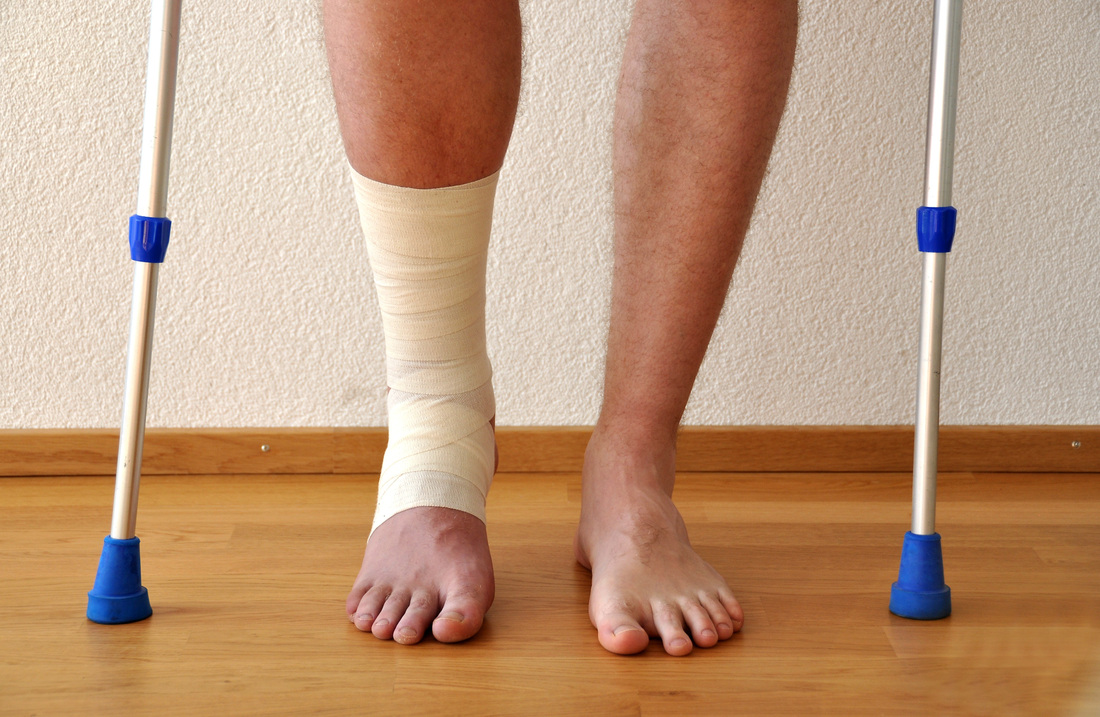Injuries to your muscles, joints and/or ligaments mainly occur in two ways:
- Traumatic injuries – These are injuries that occur when you have an incident i.e you fall on the ground and break your wrist or hip, or you trip and sprain your ankle
- Non-traumatic injuries – These don’t have an incident. They occur over time when you perform a repetitive movement that causes several micro traumas that can lead to muscle tear. This is common in pitchers with rotator cuff tears
What is a sprain, strain or tear?
Sprain: Ligaments attach one bone to another. The job of your ligaments is to provide stability to your joints.
When a ligament is stretched beyond its limits the fibers of the ligament begin to tear and this is known as a sprain. We assign grades to sprained ligament (grades 1-3) based on how much damage the ligament suffered and how instable the joint has become
Strain: When a muscle is stretched beyond its limits the fibers of the muscle begin to tear and this is known as a strain.
We assign grades to muscle strains (grades 1-3) based on how much damage the muscle suffered and how much weakness and/or pain you have
Tear: When there is complete damage (complete tearing) to the ligament and or muscle we call this a full tear.





